 The Picture of Dorian Gray
The Picture of Dorian Gray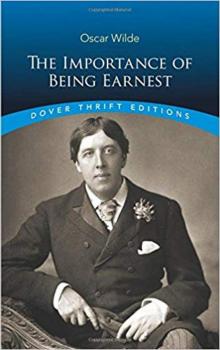 The Importance of Being Earnest
The Importance of Being Earnest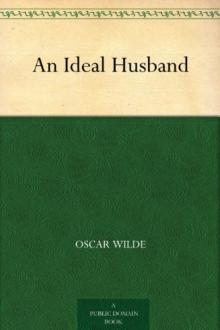 An Ideal Husband
An Ideal Husband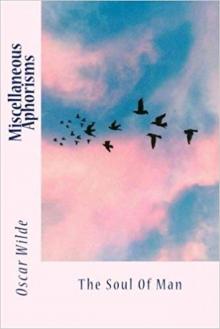 Miscellaneous Aphorisms; The Soul of Man
Miscellaneous Aphorisms; The Soul of Man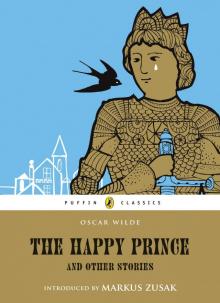 The Happy Prince and Other Tales
The Happy Prince and Other Tales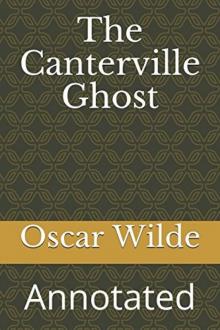 The Canterville Ghost: Annotated
The Canterville Ghost: Annotated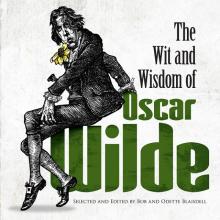 The Wit and Wisdom of Oscar Wilde
The Wit and Wisdom of Oscar Wilde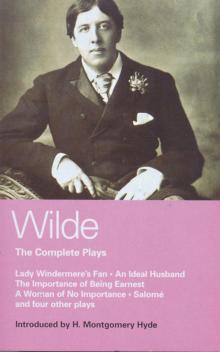 The Complete Plays
The Complete Plays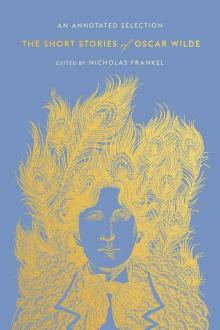 The Short Stories of Oscar Wilde
The Short Stories of Oscar Wilde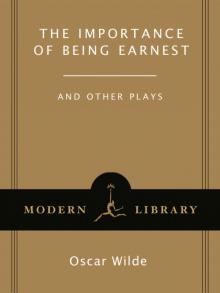 The Importance of Being Earnest: And Other Plays
The Importance of Being Earnest: And Other Plays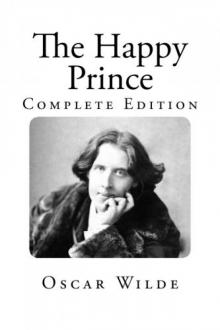 The Happy Prince (Oscar Wilde Classics)
The Happy Prince (Oscar Wilde Classics)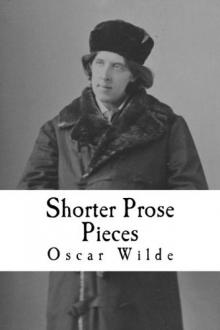 Shorter Prose Pieces
Shorter Prose Pieces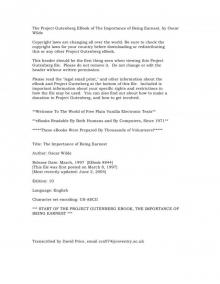 Importance of Being Earnest
Importance of Being Earnest Selected Tales: Shorter Prose Pieces
Selected Tales: Shorter Prose Pieces The Penny Dreadfuls MEGAPACK™
The Penny Dreadfuls MEGAPACK™ The Complete Short Fiction
The Complete Short Fiction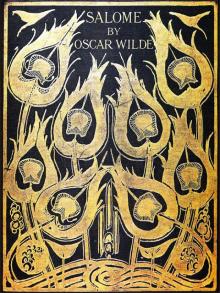 The Illustrated Salomé in English & French (with Active Table of Contents)
The Illustrated Salomé in English & French (with Active Table of Contents)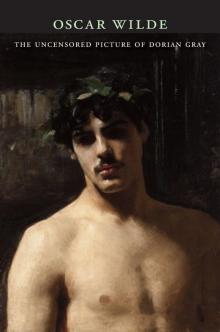 The Uncensored Picture of Dorian Gray
The Uncensored Picture of Dorian Gray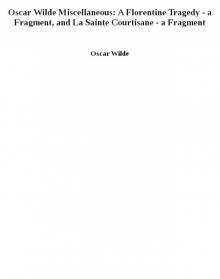 Oscar Wilde Miscellaneous: A Florentine Tragedy - a Fragment, and La Sainte Courtisane - a Fragment
Oscar Wilde Miscellaneous: A Florentine Tragedy - a Fragment, and La Sainte Courtisane - a Fragment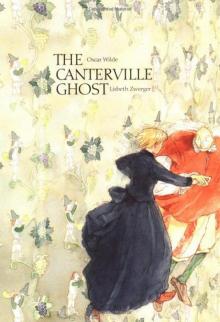 The Canterville Ghost (Illustrated by WALLACE GOLDSMITH)
The Canterville Ghost (Illustrated by WALLACE GOLDSMITH)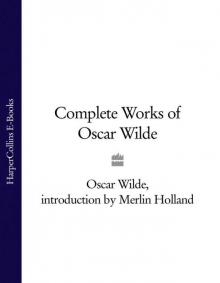 Complete Works of Oscar Wilde
Complete Works of Oscar Wilde The Picture of Dorian Gray: The Uncensored Original Text (Annotated) (First Ebook Edition)
The Picture of Dorian Gray: The Uncensored Original Text (Annotated) (First Ebook Edition)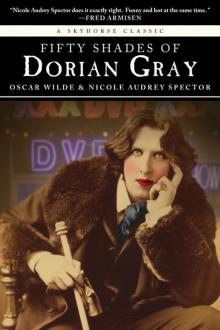 Fifty Shades of Dorian Gray
Fifty Shades of Dorian Gray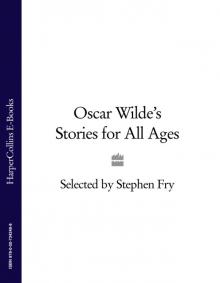 Oscar Wilde's Stories for All Ages
Oscar Wilde's Stories for All Ages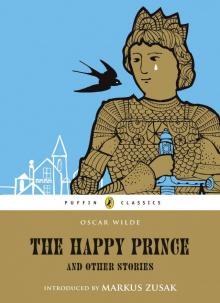 The Happy Prince & Other Stories (Puffin Classics Relaunch)
The Happy Prince & Other Stories (Puffin Classics Relaunch)